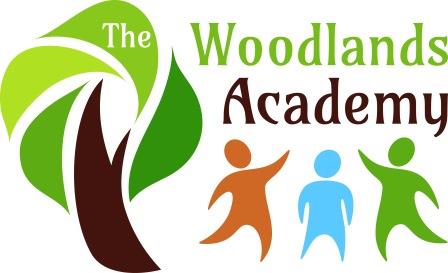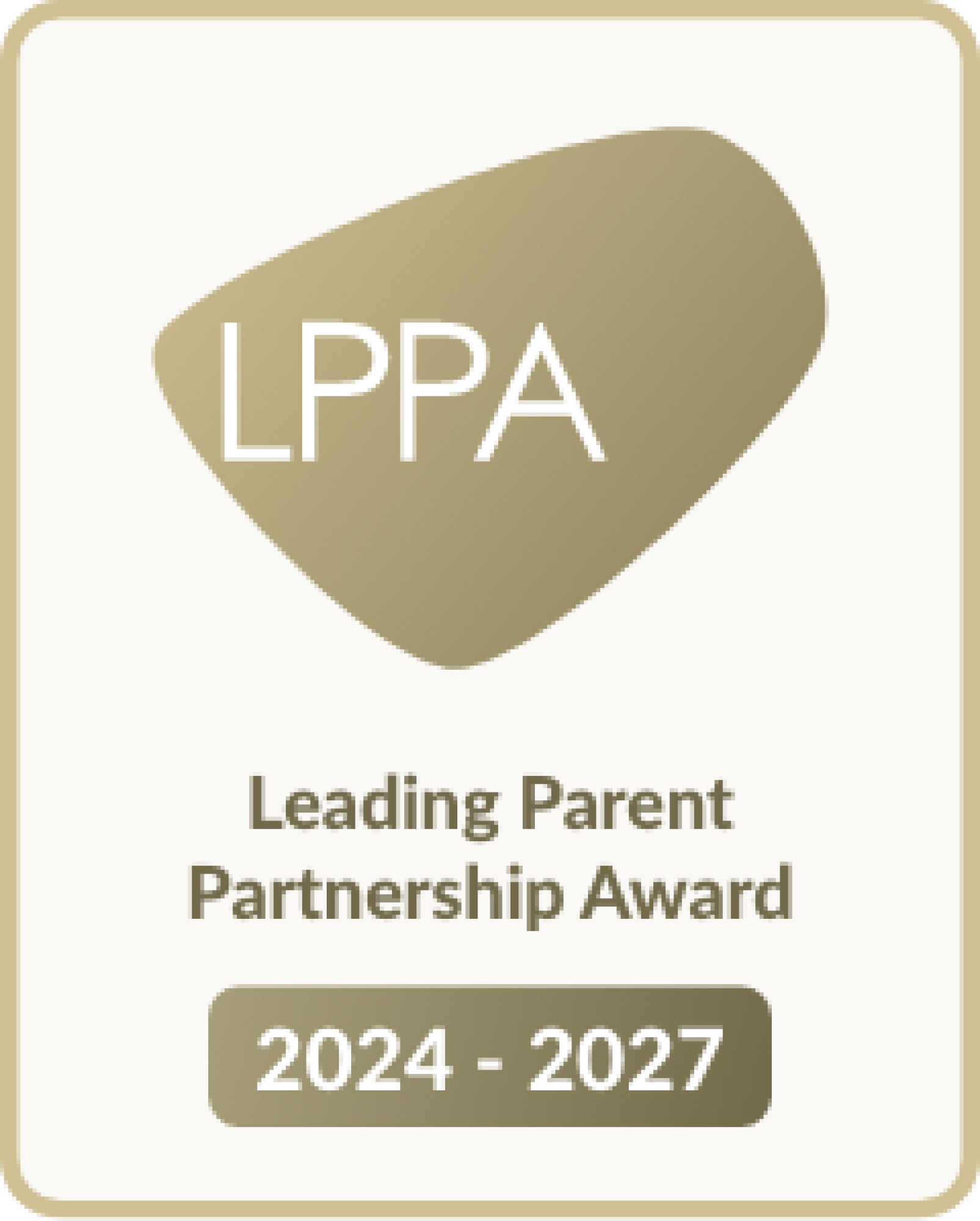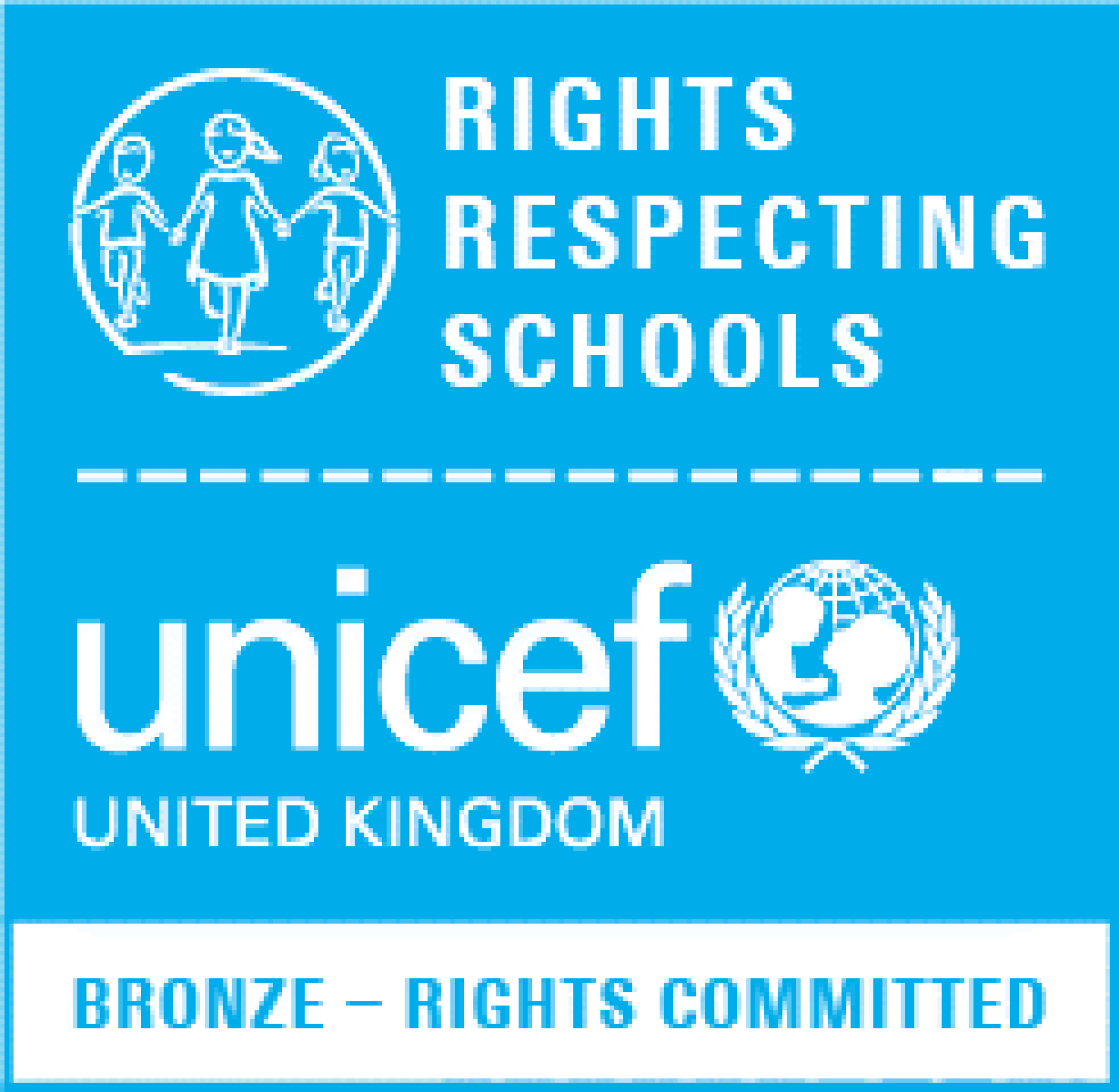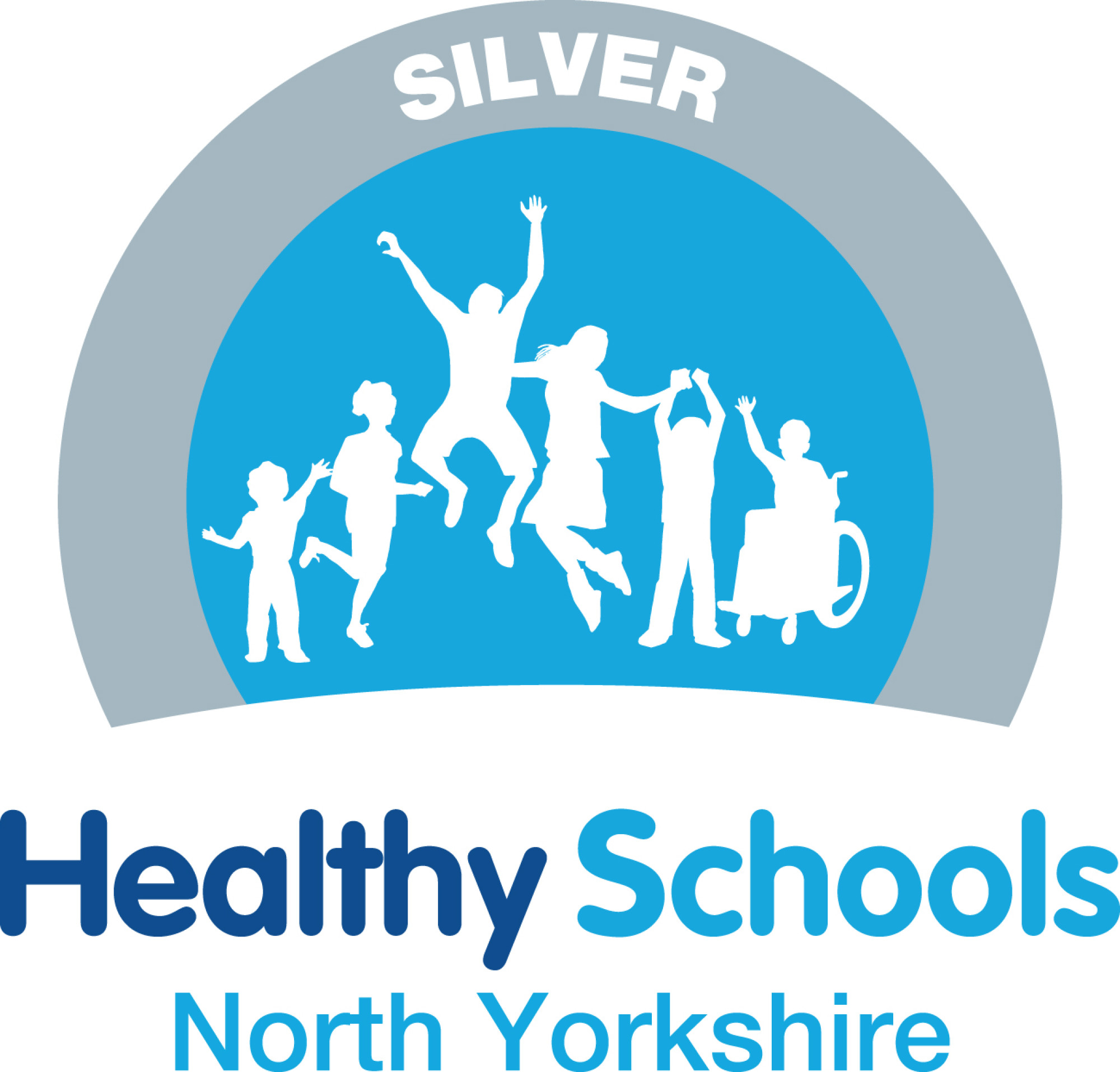CURRICULUM CONTENT
Our curriculum offer is guided by our knowledge of our students, future student pathways and a desire for purposeful and relevant learning. This ensures the curriculum provides a flexible, individualised program of experience and learning for each student. Our curriculum reflects our ambition to give each student the best chance to improve their outcomes and leave Woodlands Academy as happy and confident individuals, ready to succeed in the workplace and lead rewarding, independent lives. To ensure our students are equipped for future challenges, our philosophy centres on a ‘whole child’ approach to developing learning behaviours for life, an ethos which underpins all our learning experiences.
SEMI-FORMAL CURRICULUM
Our Semi-Formal curriculum is divided into six areas, with a focus around communication and cognition. Themes which incorporate these areas are used termly with linked activities planned in all areas to engage pupils and promote generalisation of taught skills. Allowing skills to be embedded and ensuring a broad wholistic approach to the curriculum. In KS3 and 4 the focus is to develop communication and independence using real-life meaningful experiences with an emphasis on the transference of skills.
LOWER FORMAL CURRICULUM
Our Lower Formal curriculum is based on the National Curriculum and modified where relevant in order to ensure a cohesive, appropriate learning journey for every student. Curriculum planning ensures that communication, reading, writing, numeracy and social skills are embedded throughout. Learning through other subject areas allows for students to transfer skills through the use of meaningful experiences.
UPPER FORMAL CURRICULUM
Our Upper Formal curriculum leads on from the Lower Formal curriculum to ensure continued student progression and development of skills. Our KS4 accredited qualifications and our vocational offer prepares students for their post-16 transition from Woodlands Academy. Our knowledge of our students, as well as destination data, guides students’ learning journey, ensuring an ambitious route towards independence and next steps.




